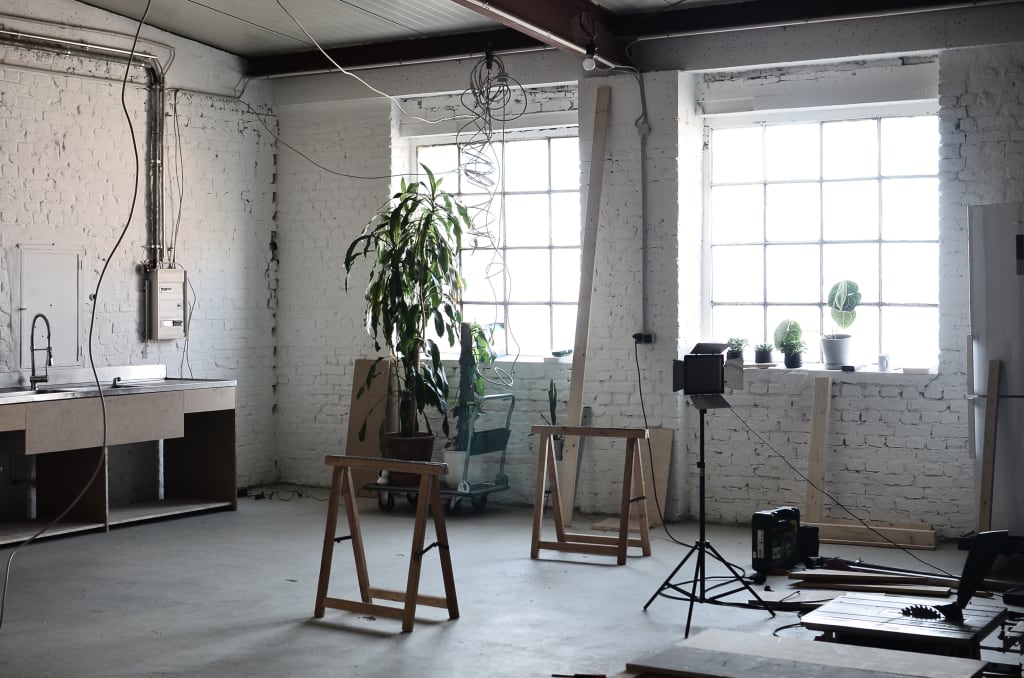How to avoid a home repair disaster
How to avoid a home repair disaster

How to avoid a home repair disaster
Home repair doesn’t have to be terrifying if you take the right precautions. This guide will walk you through three common home repair disasters, and how to avoid them before they happen. Whether you’re planning to remodel your bathroom or just make some simple repairs, this information will help you get the job done right the first time around. Let’s get started!
10 questions to ask yourself before starting
If you're thinking about tackling a home repair project yourself, there are a few things you should ask yourself first. 1. Do you have the time? 2. Do you have the skills? 3. Do you have the tools? 4. Do you have the patience? 5. What could go wrong? If you can answer all of these questions confidently, then you're probably ready to take on the project. But if not, it might be best to leave it to the professionals. It's always easier to come back and fix something later than it is to live with regret for years. It's also important to remember that sometimes hiring a professional isn't as expensive as you think--sometimes they can charge by the hour or give a price quote before starting any work. Remember to do your research too! That way you'll know whether or not a job will cost more money in the long run. And if it turns out you don't have the skills or tools, don't worry! You can find lots of DIY tutorials online from people who've already tackled the same problem. And even if it doesn't turn out perfectly, we bet it'll still look better than what was there before. So grab some safety gear, put on some music, and get started today!
A lot of times, homeowners are so worried about getting themselves into trouble that they don't even start working. They just hope everything will magically get fixed by someone else...but it never does. Trust us--we've seen it happen enough times. We know how daunting this process can seem at first but don't let it intimidate you!
The right tools for the job
When it comes to home repairs, having the right tools for the job is essential. Not only will it make the job easier, but it will also help you avoid making costly mistakes. Here are some of the most important tools you'll need: screwdrivers (regular and Phillips), pliers, electric drill with a selection of drill bits, levels and measuring tape. You'll also want to have sandpaper, masking tape and painter's tape on hand. If you're painting, then you'll need a paint tray or tarp along with brushes of various sizes and rollers. Finally, don't forget your safety gear: goggles, gloves and an apron.
Get your team in place
No one likes dealing with home repairs, but they're a necessary evil. If you're not prepared, they can quickly become a disaster. Here are a few tips to help you avoid a home repair disaster -Hire the right people: Depending on what needs fixing, get in touch with the appropriate professional. For example, if you need plumbing work done, hire a plumber. If you need an electrician or carpenter, call them instead. If you don't know who to contact, ask your friends and family for recommendations. Don't rely on Google searches for these kinds of services-it's too easy to be scammed by a company that only wants your money. Instead, talk to your trusted connections and find out which companies they recommend (or warn against).
It's also important to stay up-to-date with local tradespeople and have their contact information handy when needed.
Time management skills
When it comes to home repairs, there are a few things you can do to avoid disasters. First, make sure you have a plan and stick to it. Don't try to do too many things at once or you'll get overwhelmed. Second, take your time and don't rush through the repairs. Rushing can lead to mistakes, which can be costly. Third, if possible, get help from a professional. You might not need to hire someone for everything, but some jobs will be better handled by an expert. Finally, don't let fear of failure stop you from taking on a project. Even if you're new to DIY projects, the worst that can happen is that you end up with a room that needs more work than expected. It's not worth risking injury or major damage just because you were afraid of failing. Remember: It's all about using the right tools, following instructions carefully, and then asking for help when needed.
Don’t forget maintenance
Maintenance is key to avoiding a home repair disaster. By keeping up with regular maintenance, you can prevent many problems before they start. Check your gutters and downspouts regularly to ensure they are clear of debris. Inspect your roof for any missing or damaged shingles. Keep an eye on your windows and doors to make sure they are properly sealed. These simple steps will help you avoid costly repairs down the road. -Start by using caulking around all window trim -When painting your house, be careful not to overpaint so that surfaces don’t get too wet -Inspect outlets and switches for wear and tear -Check fireplaces regularly for sparks
-Inspect plumbing pipes for leaks
About the Creator
Garlande Bourdeau
"Hello, my name is Garlande. An accountant, affiliate, entrepreneur, and lover of all things green, dedicated to assisting you in developing a brand that reflects your personality and needs."






Comments
There are no comments for this story
Be the first to respond and start the conversation.